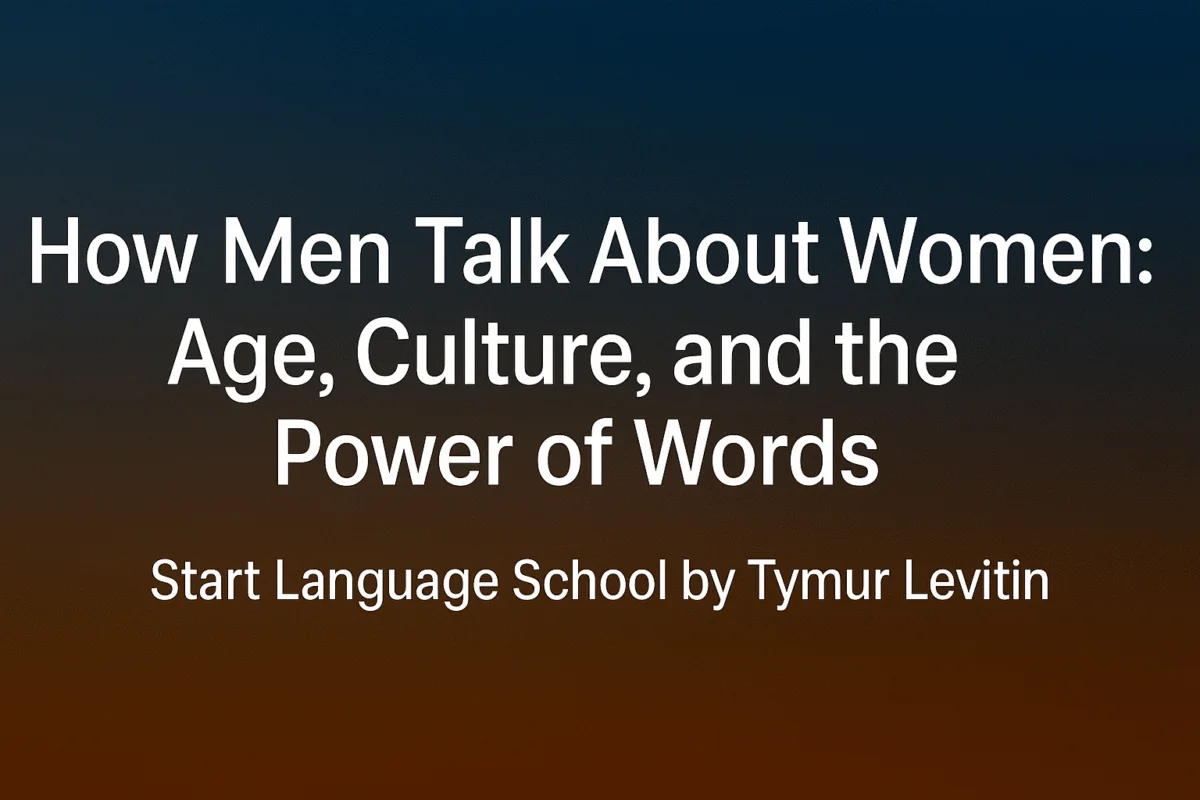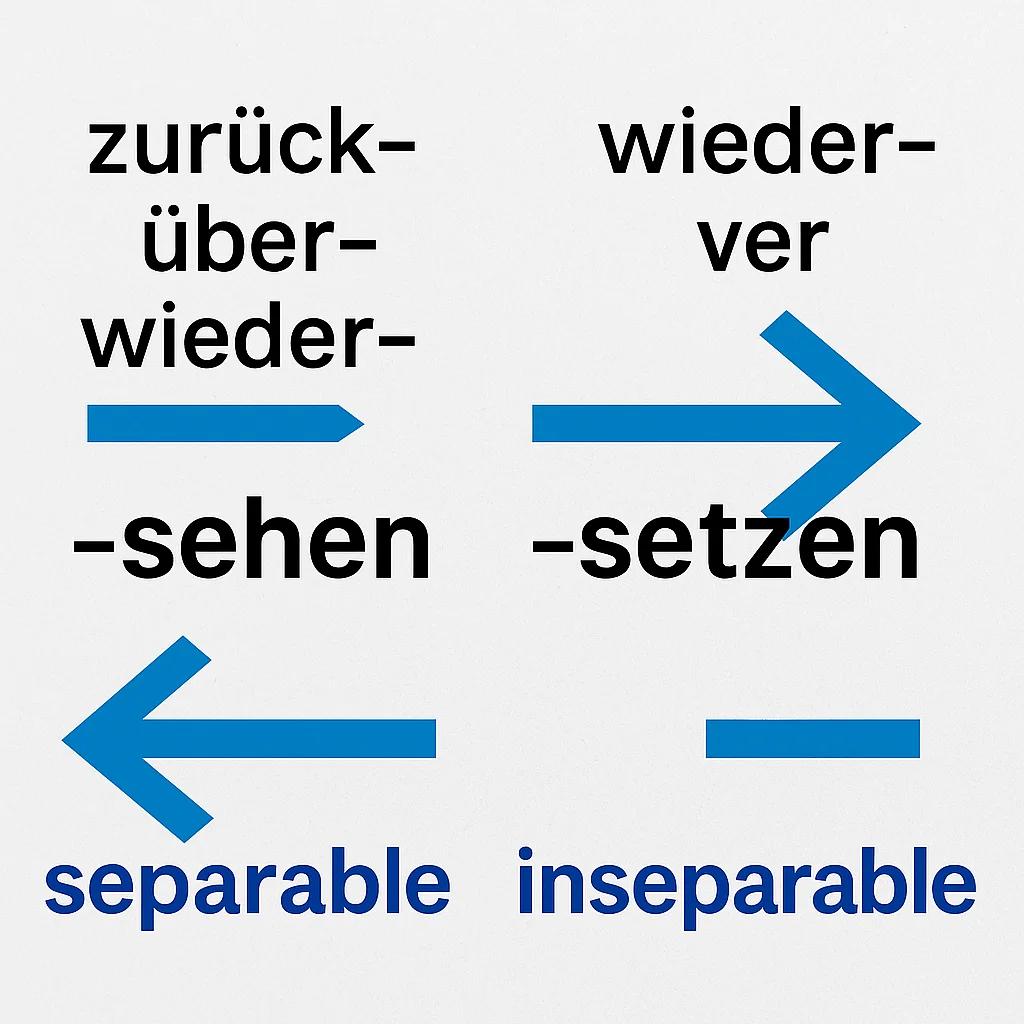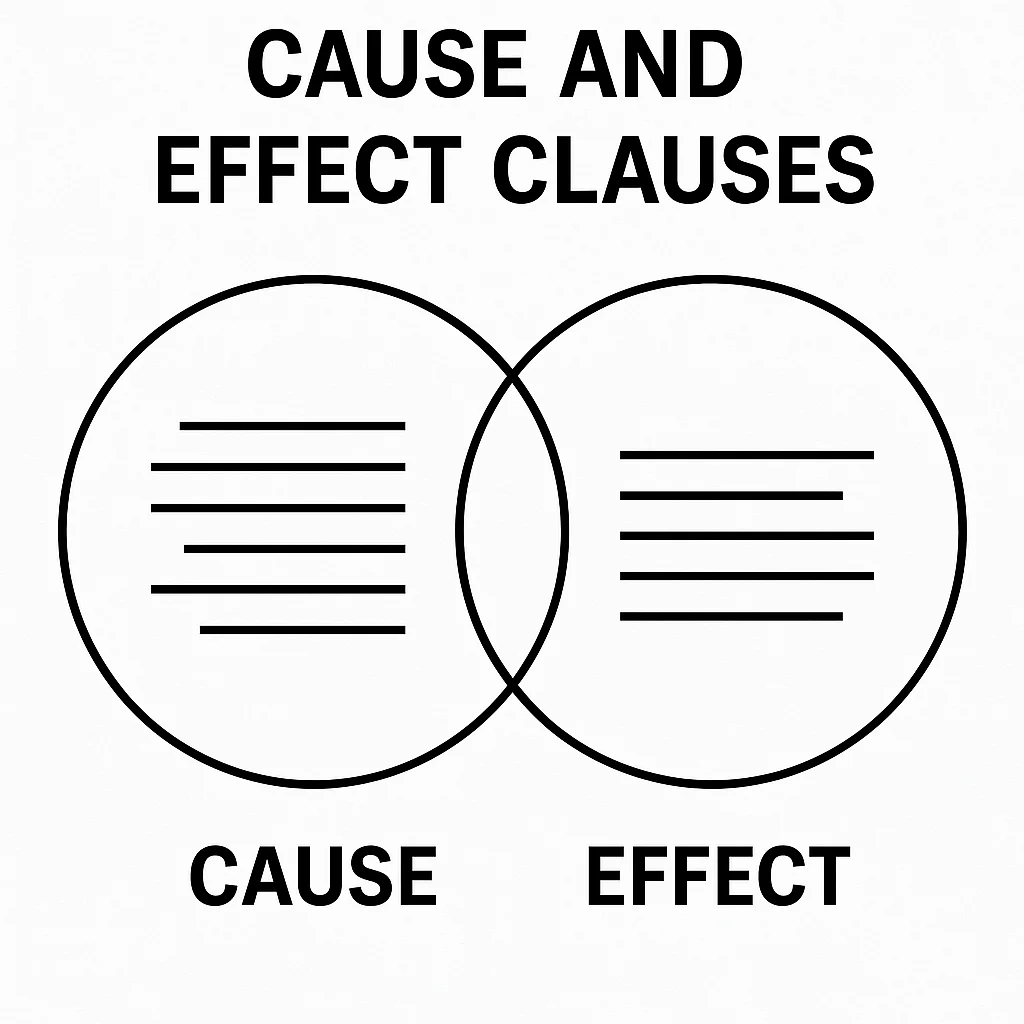Author’s Column by Tymur Levitin
Founder and Director of Levitin Language School / Start Language School by Tymur Levitin
“He’s just a kid.”
“That guy’s a real man.”
“Don’t be a pacan.”
We don’t just describe people. We define them. One word can elevate, humiliate, or simply reveal the speaker more than the subject. In this article, I’ll take you through how four different cultures—Russian, English, Polish, and Ukrainian—code male identity through language. This is not a translation issue. It’s a worldview issue.
The Word That Started It All
This reflection was sparked by a conversation with a 20-year-old student of mine—born in the U.S., native in Spanish, learning English and curious about Russian. She once asked me: What does “пацан” really mean? Is it like ‘dude’? I paused. Because it’s not that simple.
Russian — Пацан, Мужик, Мужчина
In Russian, three core words represent stages (and sometimes traps) of male identity:
- Пацан (patsan): Not just a young guy. It implies recklessness, immaturity, someone stuck in adolescence—even at 30.
- Мужик (muzhik): A strong, rough, working-class man. Can imply respect or backwardness, depending on tone.
- Мужчина (muzhchina): The neutral, official, or polite term for ‘man’. Also often used by women to indicate admiration or frustration (“Настоящий мужчина”).
But here’s the twist: in everyday Russian, men often avoid the neutral word. Why? Because many choose either bravado (пацан) or brute identity (мужик) as a way to affirm dominance.
Polish — Pacan vs Mężczyzna
Here comes the punchline. A Polish student of mine, same age as the previous one, once laughed when she heard Russians proudly use пацан.
“But in Polish, pacan means an idiot. Like, literally, a fool. No respect at all.”
This isn’t just a coincidence. It shows how culturally dangerous it is to assume words travel well. A man might think he’s calling himself street-smart or cool (пацан)—but in Polish, he’s just insulted himself.
Other Polish words include:
- Facet: colloquial for ‘guy’, often neutral or friendly
- Mężczyzna: formal and respectful term for a man
- Chłopak: means ‘boy’ or ‘boyfriend’, used with affection
Polish culture, though not free from machismo, tends to frame maturity more through personal integrity than verbal dominance.
English — Boy, Guy, Man, Dude
In English:
- Boy: Can be affectionate (“my boy”) or insulting (“you’re just a boy”)
- Guy: The go-to neutral term. Context defines tone.
- Dude: Informal, surfer-culture origin, now widespread
- Man: The most loaded. To be called a “real man” implies not just gender but behavior.
The line between boyish and manly is social, not just lexical. A “guy” in his 40s can still be “just a boy” if he acts without responsibility. English gives space for irony: a man can joke about his immaturity. Russian rarely allows that.
Ukrainian — Хлопець, Чоловік, Мужик
In Ukrainian, male terms strike a slightly more respectful balance:
- Хлопець (khlopets): A boy or young man. Also used affectionately for boyfriends. Neutral or warm.
- Чоловік (cholovik): Literally “man” or “husband.” Formal, clear, and adult.
- Мужик (muzhyk): Borrowed from Russian, but used less. Often rural, outdated, or ironic.
The key difference? Ukrainian commonly uses чоловік even in casual speech — which promotes a more respectful tone between men. The language models maturity not through aggression, but clarity and structure.
How Men Speak — and How It Shows
Men to Men
- Russian: “Ты пацан вообще?” – a challenge, coded hierarchy.
- English: “Man up” vs “Don’t be a kid” – indirect, still aggressive.
- Polish: “Zachowuj się jak facet” – behave like a man, neutralized.
- Ukrainian: “Будь чоловіком” – respectful call for maturity.
Men to Women (teaser for next article)
How men name each other reflects how they see women. If you’re a пацан, the woman is a детка. If you’re a чоловік, she’s a пані. That’s where we’re headed next.
Women to Men
- Russian: Women may say мужчина when impressed—or when angry.
- English: A woman calling a man “boy” can be flirtatious or humiliating.
- Polish & Ukrainian: Tend to use clear, respectful forms early in communication. Less game, more structure.
Why This Matters at Levitin Language School
We teach words. But more importantly, we teach awareness.
Unter Levitin Language School / Start Language School by Tymur Levitin, we believe language isn’t about phrases. It’s about people. Words like пацан, man, or facet don’t just describe. They position. They reflect culture, age, respect—or its absence.
In our school, students don’t just memorize. They understand.
Because a language school isn’t only about grammar. It’s about identity.
Related Reads
- Girl, Baby, Detka: One Word – Two Worlds
- Wählen Sie Ihre Sprache
- Blog on Translation Theory
- Official U.S. Website
Author: Tymur Levitin
© Tymur Levitin — Founder, Director and Lead Educator,
Levitin Language School / Start Language School by Tymur Levitin
























